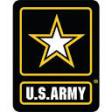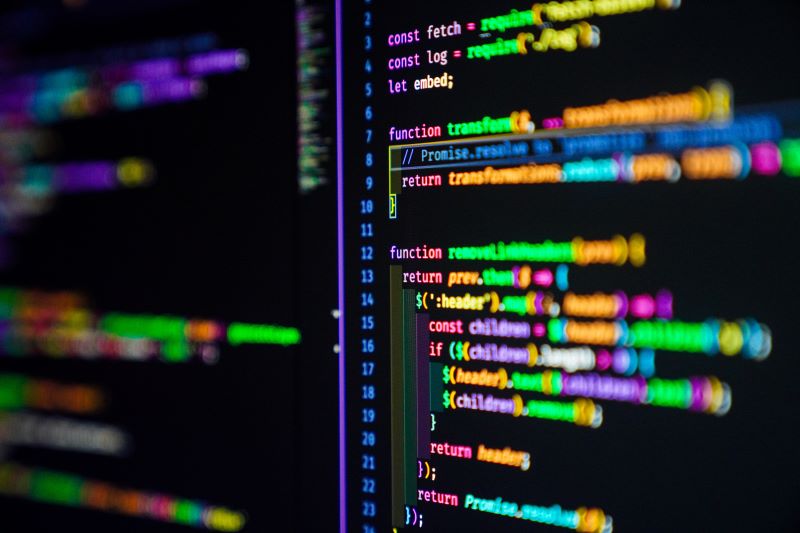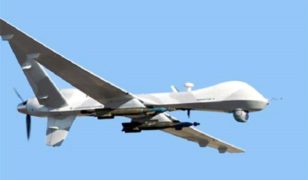Army announces Cyber Quest 2017
 On July 12, the U.S. Army announces CyberQuest 2017. The Army CCoE intends to hold an Industry Day event in early August; white paper submissions are due by August 31.
On July 12, the U.S. Army announces CyberQuest 2017. The Army CCoE intends to hold an Industry Day event in early August; white paper submissions are due by August 31.
Background: HQDA EXORD 057-14 established the U.S. Army Cyber Center of Excellence (CCoE) and designated the CCoE CG as the Force Modernization Proponent for Cyberspace Operations, Signal Communications Networks and Information Services (Signal), and Electronic Warfare (EW); and established the Signal and Cyber Schools. The EXORD further directed the CCoE to partner with the Intelligence Center of Excellence (ICoE) for institutional intelligence support to Cyberspace Operations. To that end the CG directed the establishment of an annual Prototyping Experiment to help go after innovative solutions to specifically close critical capability gaps to address Army Warfighting Challenge # 7:
Conduct Space and Cyber Electromagnetic Operations and Maintain Communications – How to assure uninterrupted access to critical communications and information links (satellite communications [SATCOM], positioning, navigation, and timing [PNT], and intelligence, surveillance, and reconnaissance [ISR]) across a multi-domain architecture when operating in a contested, congested, and competitive operating environment.
Intent: The CCoE will conduct an annual Cyberspace Operations, Signal, and EW Prototyping Experiment called Cyber Quest to assess emerging technologies against associated Army required capabilities in order to inform current capability development and doctrine writing efforts, validate concepts, and better understand doctrine, organization, training, materiel, leadership and education, personnel and facilities (DOTMLPF) impacts for those concepts under evaluation. Cyber Quest will also serve as a risk mitigation event that Army acquisition and capability development proponents can leverage to validate selected candidate solutions for participation in Army/Joint exercises and experiments (i.e. Army Warfighting Assessments (AWA), the Army Expeditionary Warrior Experiment (AEWE), the Joint Users Interoperability Communications Exercise (JUICE) and Network Integration Experiment (NIE)).
Cyber Quest 2017: The CCoE is looking to government, industry, and academia to present Cyberspace Operations, Signal, and/or EW solutions for considering during Cyber Quest 2017 (CQ ’17). CQ ’17 will present an operational scenario with opportunities to highlight innovative potential solutions within a live, virtual or constructed (LVC) environment.
The challenges facing our warfighters are too complex to make concept and acquisition decisions based upon a static display (demonstration) of capability. Therefore, the intent of this event will be to discourage inert demonstrations of solutions in a stovepiped, prestine manner. Instead, solutions will be integrated with existing systems and live data feeds to drive outcomes and concepts toward wartime realism.
CQ ’17 is meant to encourage collaboration with other industry, government, and academic partners to drive results oriented, positive outcomes and solutions. Furthermore, this event will allow solution providers to integrate components into existing Army capabilities within an operationally relevant environment, realistic scenarios and substantive data injects. Yet, the scenarios are not the primary focus of the event, nor is the desired endstate capturing of a specific scenario objectives. The scenario is simply the backdrop to enable an operational evalution of concepts and learning demands in real-time. Therefore, the intent is to establish operational realism but maintain a “No Fear of Failure” environment for these early and innovative concepts.
CQ ‘17 will be executed leveraging an Infantry Brigade Combat Team (IBCT) Tactical Operations Center (TOC). This TOC will be placed into a Combined Joint Task Force (CJTF) wartime scenario overlay to drive at Joint and Coalition contextual learning demands. IBCT, CJTF, Joint and Coalition staff role players will be incorporated to establish operational realism. This will enable scenarios to use live, virtual, and constructive injects to drive capability learning impacts with as much realism as possible.
Full information is available here.
Source: FedBizOpps







